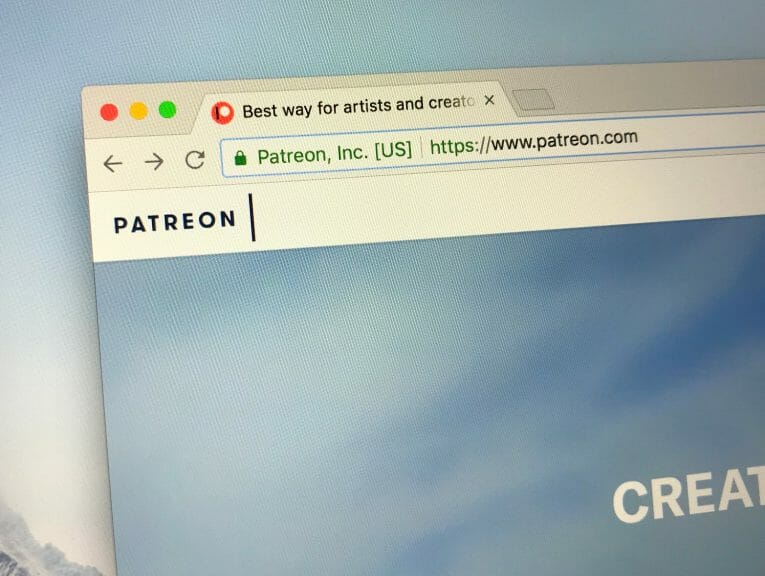Move over, NCIS, because there’s a new crime kingpin in town. From mukbang to makeup, conspiracy to cancellation, there’s always a new video on your YouTube homepage covering the darkest and most depraved crimes we humans can commit. Meet true crime; it’s all the rage for all of the wrong reasons.
It’s not like there’s any shortage of sponsors, either. Big-name sponsors that have spots on the biggest and best channels.
But is it ethical to consume this content? That’s the million-dollar question.
It’s Not Just Netflix
YouTube’s true crime content is similarly flawed to that of streaming giants like Netflix. Still, one is criticized far more for being about profit rather than the people behind it. Where YouTubers can speculate about victims, often to the point it borders on victim blaming, Netflix narrativizes these murders with a flagrant disregard for those left behind. You don’t have to look further than the latest controversial title, recounting Jeffrey Dahmer’s depravity, reenacting testimonies from the trials, and drawing attention for all the wrong reasons.
And yet now, the fanfare has died down. We’re talking about the next big thing, whatever that may be. It’s a done deal; no harm done, right?
Wrong.
We can binge-watch YouTubers when we run out of Netflix series’ covering these issues. Find the graphic photographs of bodies contorted, talk openly about how disgusting it was, rank them, and rate them. And then we can invade the lives of those left behind.
This is at the expense of victims and their families, who see actors profiting from their testimonies and traumas.

Photographic Evidence (Isn’t Always A Good Thing)
When the FBI declassified Dahmer’s file, tens of gruesome images were unleashed onto the internet, turned into the same spectacle that so many other post-mortem photographs have become in the past. The images appeared online after being shared around a department, haunting them long after the case concluded. In tragedies like that of Nikki Catsouras, whose family was not allowed to identify her body because of how gruesome the accident was, those investigating the case disregarded the kindness shown by a coroner.
The cruelty of strangers stole their grief. Yet, despite it all, they still have the strength to support others going through the same experience.
If you watch a true crime video on YouTube, see how long it takes them to say they must censor videos to avoid censorship and demonetization. How many creators offer uncensored versions of their videos on Patreon for a relatively small amount?

Creating More Victims
When victims cry out for sympathy, to have misleading content removed, or ask to speak to somebody, strangers accuse them of being too sensitive. We have forgotten our humanity in our desire to race to the bottom of human depravity. Between the ad breaks and the self-promotions, there are real people hunting down the most gruesome acts they can find, ignoring families to package it as a new true crime video. These traumas will haunt families forever, and we have commodified them.
True crime content does not help anybody but those rolling in the profits. Even at the bottom, those desperate for work become complicit. The families do not benefit, and the people contributing to the content do not receive the support they need. Audiences don’t care, either; they want more.
It’s hard not to argue that this is a new level of depravity we found in our race to the bottom.














